Imagine waking up to the gentle rustle of leaves, the distant call of wildlife, and the soft glow of sunrise filtering through your camper window. For eco-conscious travelers, these serene moments are not just dreams—they're daily realities at sustainable campgrounds around the world.
1. EcoCamp Patagonia, Chile
Why Stay Here?
Nestled in Torres del Paine National Park, these geodesic domes run on solar power and feature composting toilets—immersing you in Patagonia’s raw beauty with minimal environmental impact. You’ll wake to glacier-fed river views and gather around the communal dome for sustainably sourced meals.
Review & Budget Tips
Standard domes average $150–$250 per night. Book the all-inclusive package at least six months ahead to secure early-bird rates and included guided hikes. Opt for the shoulder-season May–September window for lower prices and quieter trails.
2. Camping Àmfora, Spain
Why Stay Here?
Awarded the Deutscher Camping Club’s top European sustainability honor, Camping Àmfora integrates organic gardens, LED lighting, and beachside access on Costa Brava—perfect for eco-conscious Mediterraneans.
Review & Budget Tips
Pitch your tent or RV from €25–€45 per night off-peak (€45–€65 in summer). Join the DCC member network for a 10% discount and reserve via the campsite’s official site to avoid third-party fees.
3. Saksida Wine & Camping Resort, Slovenia
Why Stay Here?
Set among rolling vineyards, Saksida holds the Eco-Camping certificate—practicing rainwater harvesting, renewable-energy use, and local-produce dinners. It’s a serene base for wine tours and cycling through Goriška Brda.
Review & Budget Tips
Rates run €20–€35 per night. Stay midweek for lower rates, and register for their loyalty program for free welcome tastings. Reserve directly to snag early-check-in perks.
4. Camping L’Orangerie de Lanniron, France
Why Stay Here?
On a historic Quimper estate, this Green-Key-certified site blends heritage gardens with eco-toilets, pollution-free cleaning, and on-site river access—ideal for peaceful Brittany getaways.
Review & Budget Tips
Expect €30–€50 per night. Snag an early-booking discount in spring (March–May) by reserving four months ahead. Use local tourism vouchers to redeem campsite credit.
5. Carlsbad KOA Holiday, California, USA
Why Stay Here?
Powered by a wind turbine and passive-solar pool heater, Carlsbad KOA offers low-impact RV sites just minutes from the Pacific and LEGOLAND—pairing sustainable operations with family-friendly fun.
Review & Budget Tips
Nightly rates are $45–$80. Enroll in KOA Rewards for 10%-off stays and target mid-week visits to secure the lowest rates and avoid weekend surcharges.
6. Wilsons Promontory National Park, Victoria, Australia
Why Stay Here?
Known locally as “The Prom,” this coastal park features minimal-impact campgrounds, eco-cabins, and wildlife conservation programs—offering kangaroo-filled beaches and forested hikes.
Review & Budget Tips
Sites run AUD $25–$45 per night. Book through Parks Victoria at least three months early to grab powered sites; consider the annual ParksPass for unlimited stays.
7. Habitat Noosa (Noosa Everglades), Queensland, Australia
Why Stay Here?
Tucked in one of only two global everglade systems, Habitat Noosa is a 65-acre eco-certified campground with solar-powered glamping tents, boardwalk access for paddling, and on-site organic eateries.
Review & Budget Tips
Expect AUD $35–$65 per night. Reserve directly via the Habitat website to waive booking fees, and visit during May–September for lower rates and fewer bugs.
8. Treebones Resort, Big Sur, California, USA
Why Stay Here?
This off-grid glamping resort perches on Big Sur’s cliffs, running on its own solar array and micro-turbines—blend luxury “autonomous tents” with starry Pacific views and a farm-to-table sushi bar.
Review & Budget Tips
Autonomous tents cost $250–$350 per night; basic campsites $80–$120. Book non-holiday weekdays three months ahead for “Spring Special” rates, and subscribe to the newsletter for flash-sale codes.
Tips for Living/Lodging on the Road
-
Use Hipcamp and Campendium to find and filter green-certified campsites worldwide.
-
Reserve state and national parks through Recreation.gov and Parks Victoria for official sites at base rates.
-
Leverage iOverlander and Park4Night for off-grid wild-camping spots and real-user

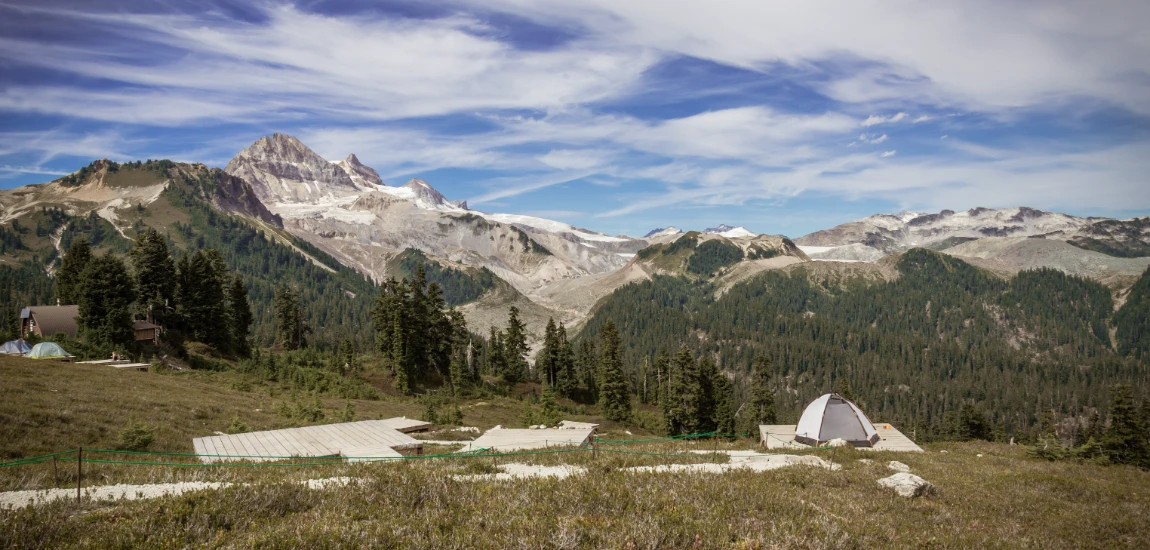
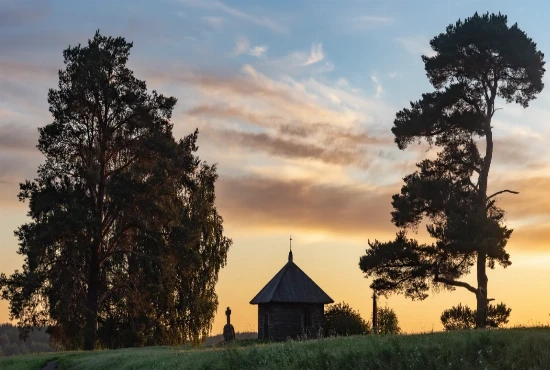
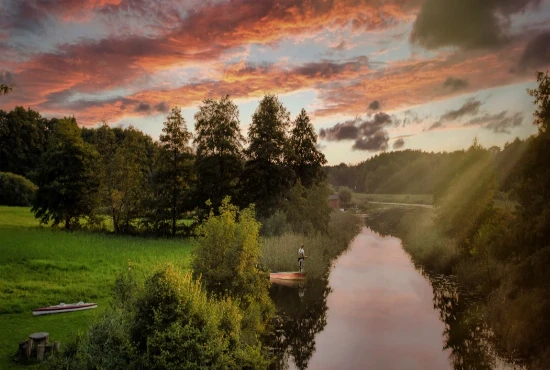
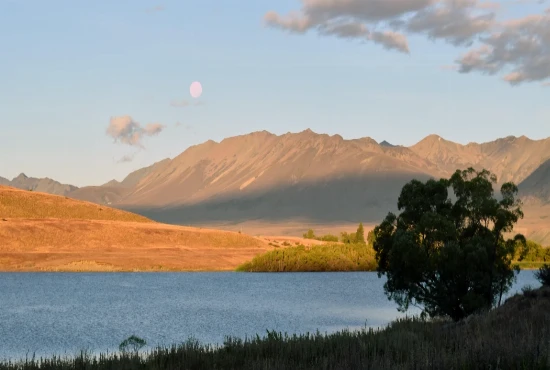



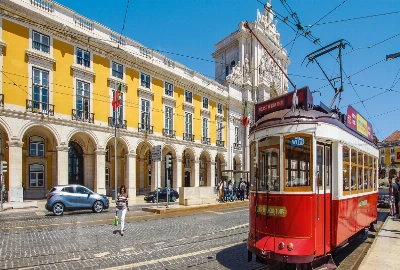

Leave a Reply